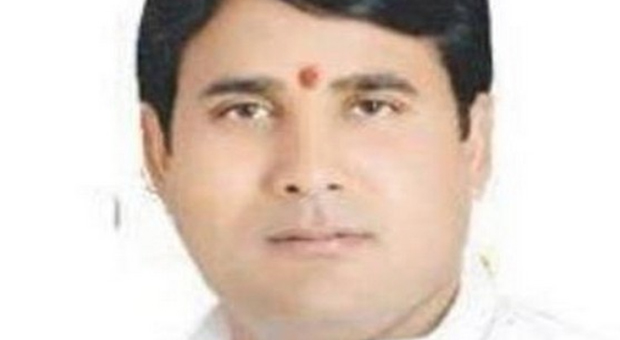Mumbai, Jul 2: The Shiv Sena on Thursday termed the ban on 59 Chinese apps by the Indian government as a "digital strike" and asked if these apps were a threat to the national security, how did they operate for so many years.
An editorial in Sena mouthpiece 'Saamana' sought to know when did the Centre realise these apps were a threat to the national security.
By banning the Chinese apps, Prime Minister Narendra Modi protected the interests of Indian internet users and his courage has be lauded, the Marathi publication said.
India on Monday banned 59 apps with Chinese links, including TikTok, UC Browser, SHAREit and WeChat, saying they were prejudicial to sovereignty, integrity and security of the country.
"If these apps were a threat to national security, how is it that these apps were functioning without any hurdles for so many years. If the opposition says the government neglected national security,then what will the Centre's stand be?" the Shiv Sena asked.
It said questions should be raised on all the previous governments for "allowing national data to go out of the country".
China has expressed displeasure over the Indian government's decision, the Marathi daily said, adding that Chinese soldiers are "still not ready to leave the Galwan Valley (in Ladakh)".
The Sena said it took the sacrifices of 20 soldiers for the government to realise Indian data was being illegally taken out of the country.
"The government took revenge by a digital strike," it stated.
There have been complaints earlier that users' data on Chinese apps was illegally sent out of the country, and apps like TikTok were "promoting vulgarity", it said.
"Many TikTok stars had reportedly joined the BJP," the Sena claimed. "What will happen to them?" it asked.
There is a need to break China economically, but that will not happen by banning its apps. The issue is about trade and investment between the two countries, it said.
"The largest Chinese investment is in Gujarat.
Chinese company Huawei has got the contract to set up 5G network in India. This company having keys to India's digital economy is akin to the Chinese Communist Party owning the Indian economy in future," it said.






Comments
Our beautifull country Bharat is known for good people, but some criminals spoiling the name, better if crimes and rapes not prevented , bring Islamic law , sharia law, so that people will live peacefully. no rapes , even children walk freely any place
Can someone expect same sentence if his daughter / G daugher ( may god forbid) is victim
first prevent porn videos images circulating over social medias. Many family ladies also becoming victim for unwanted relationship also you can say their greedines making them to build illegal relationship and if this is the case what will be next generations life. We are focusing and highlighting only on medias but also need to concentrate our ladies activities. Prevent the rape by avoiding such activities.
Add new comment